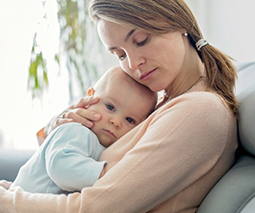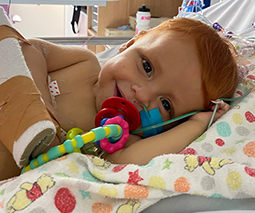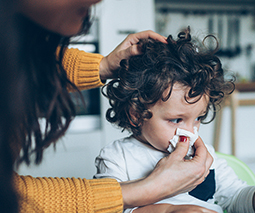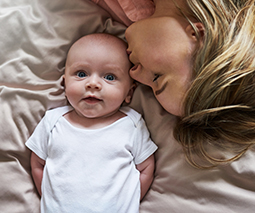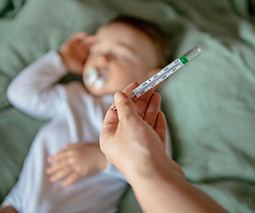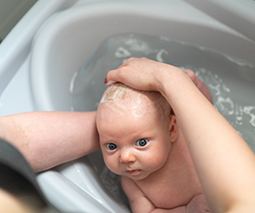How can a vaginal birth promote lifelong health in a baby?

There’s often much discussion about vaginal birth ‘vs’ caesarean section, as though it’s a competition and/or women always have a choice, but midwife Hannah Dahlen highlighted some broader discussion that we should be having too.
Hannah Dahlen is a practising midwife and a Professor at the School of Nursing and Midwifery at Western Sydney University. She says there are many benefits of a vaginal birth but was careful to note that women who undergo birth interventions such as c-sections should never feel at fault.
Listen to Hannah Dahlen on Feed Play Love:
“What we need to take out of the debate is the emotion that it is somehow the mother’s fault because it is not,” Hannah said, pointing out that a “caesarean section is lifesaving, the drugs and the expertise we have are lifesaving when needed.”
Vaginal bacteria rules
With a giant fist bump to the women who have birthed babies via c-section, let’s talk a little more about the good things that happen if a woman is able to deliver her baby vaginally.
“When a baby comes through a mother’s vagina, it is getting exposed to around 2 to 300 different bacteria. That baby will ingest some, and some will coat the skin. We are now realising that this is really important for what we call seeding a healthy microbiome,” Hannah explained.
“We now know that a microbiome, which is the collection of all the trillions of bacteria that live in your gut, live on your skin, live in your hair, are fundamental to protecting us against viruses and problematic bacteria. So by seeding through vaginal birth, a baby begins life with an optimal microbiome.”
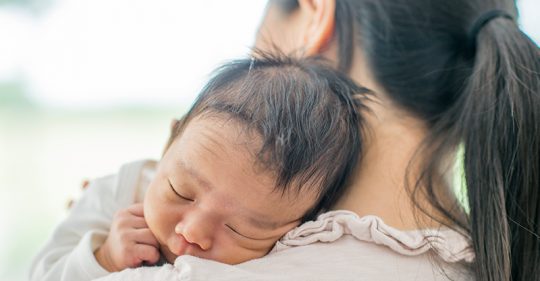
Skin-to-skin helps too
Hannah says this microbiome exposure is a huge part off the immediate postpartum experience too.
“If you put that baby onto the mum’s skin, the baby is nuzzling and sucking and finding the breast. That again it’s cultivating its microbiome. Then the baby breastfeeds and there are products within breast milk that are indigestible by humans and for a long while we didn’t know why they were there. We now know they’re there to feed the good bacteria,” Hannah said.
“So if you put together a vaginal birth without antibiotics … skin-to-skin and exclusive breastfeeding. We know that we are sending that baby out to have a very healthy microbiome which can set the foundations for healthy future life.”
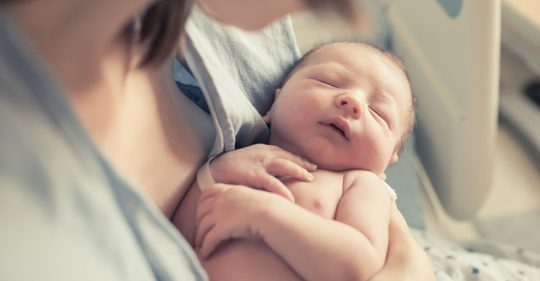
Turning on vital genes in new humans
But it’s not just this flourishing microbiome bacteria that a vaginal birth can help optimise. Hannah says that a vaginal birth may help program our genes for good health too.
“A lot of our work now is exploring what we call epigenetics and that is the message or the messages to the genes on how to act,” Hannah explained. “Epigenetics means ‘above the genes’ but we’re now discovering that labour and birth actually are priming eight optimal genetic responses. The good stress of normal labour and birth are switching on or silencing certain genes.”
“There’s been some studies showing that babies born by caesarean sections have a silencing of genes that are important in immune defence,” Hannah said. “We don’t know how long that silencing continues for. We don’t know what sort of things we can do to overcome them but it is probably a combination of the bacteria from the microbiome and the process of labour and birth that are actually really important in setting up healthy immune responses later on in life.”
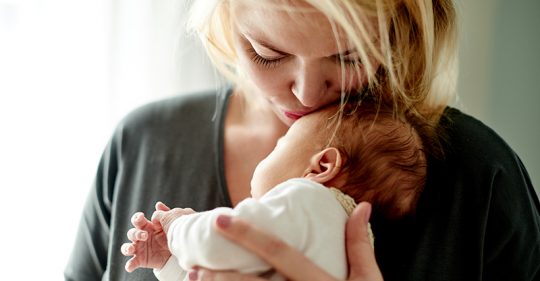
Knowledge is power
What does all this mean for mums in a country like Australia where many women deliver their babies via c-section. It means that any reduction in c-section rates could help to promote better health in babies and consequently adults of the future.
“We know that our caesarean section rates, which is now one in three women, is double what the World Health Organization would say is optimal,” Hannah said. “We also know that there are countries like the Scandinavian countries Norway, Sweden, Finland and Iceland, for example, that have caesarean section rates half of ours and they have better outcomes than we do.”
“So we know we can do better and that’s where we really need to address what are the systems and models of care we can put into place to maximise optimal outcomes for mothers and babies so that they’re not only well physically but we’ve also got to make sure they’re well emotionally, psychologically, culturally, spiritually … Because birth is not just a physical event. Birth is your entire being as a human.”
